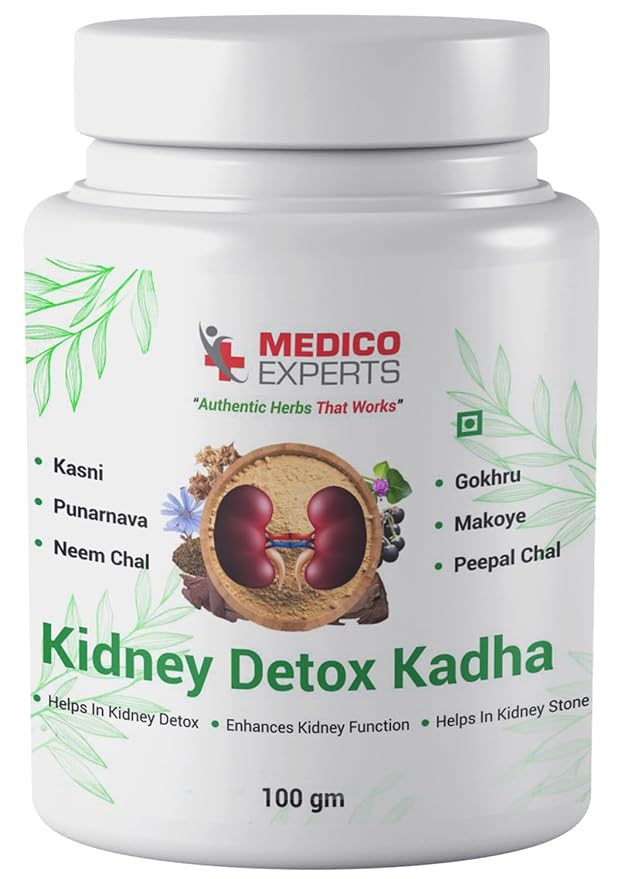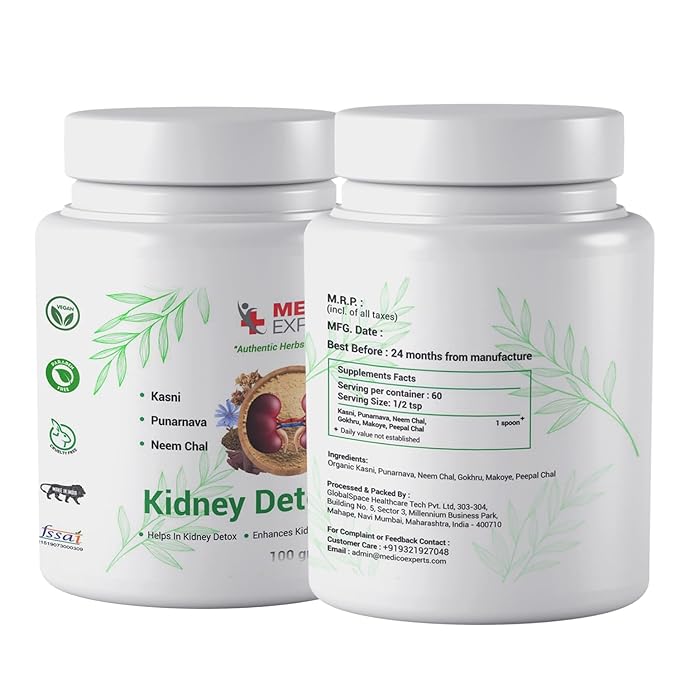Curious about your kidney’s post-transplant performance?
Creatinine level after kidney transplant plays a vital role in your kidney health. So, you must monitor the creatinine levels regularly to ensure your kidneys are working fine.
Monitoring this level (ideally 100 to 120 umol/L) helps gauge kidney function. A rise signals potential issues, prompting timely intervention.
Let’s now learn about the critical role of creatinine levels post-transplant.
Normal Creatinine Level After Kidney Transplant
Every time you visit the clinic after a kidney transplant, a blood test will be conducted to measure various parameters, including your serum creatinine level. The creatinine level provides valuable insight into the functionality of your transplanted kidney.
A well-functioning renal transplant should ideally have a serum creatinine level ranging from 100 to 120 umol/L. If your creatinine level shows an upward trend, your doctor may order further investigations to identify the underlying cause.
Reasons for Abnormal Increase in Creatinine Level
There are several reasons for an elevation in creatinine levels, including mechanical issues with urine flow, high levels of immunosuppressant drugs, acute or chronic transplant rejection, viral infections, recurrence of the original disease, and transplant artery narrowing.
Mechanical Problems with Urine Flow
After a transplant, urine should flow freely from the body. However, there can be blockages in urine flow, often due to narrowing in the ureter, the tube connecting the kidney to the bladder.
Diagnosis of ureteric stenosis is typically made through a kidney ultrasound, and its treatment may involve the insertion of a nephrostomy tube to facilitate urine drainage.
High Levels of Immunosuppressant Drugs
While drugs like Cyclosporine, Rapamune, and Prograf are vital for successful transplants, they can potentially harm the kidney over time. Balancing the right dosage to prevent rejection without causing harm can be challenging.
Monitoring drug levels in the blood and, if necessary, a kidney biopsy may be conducted to assess any kidney damage and adjust medication accordingly.
Acute and Chronic Transplant Rejection
Transplant rejection can occur suddenly or chronically, necessitating different diagnostic and treatment approaches.
Acute rejection may require a kidney biopsy and high-dose steroid treatment, while chronic rejection may involve adjustments to transplant medications and the addition of other immunosuppressants.
Other Complications
Complications such as Polyomavirus infection, recurrence of the original disease, and transplant artery stenosis (narrowing of the arteries that carry blood to the kidneys) can also contribute to elevated creatinine levels and require specific diagnostic procedures and treatments tailored to each condition.
If the transplanted kidney shows signs of failing, discussions about potential dialysis and re-entry into the transplant pool may occur. In some cases, subsequent transplants without undergoing dialysis again may be considered, and you can explore the option of live donation through the transplant office.
You should follow regular monitoring and prompt intervention to maintain the health and functionality of a transplanted kidney.
Role of MedicoExperts Kidney Detox Kadha In Maintaining Normal Creatinine Levels
The reasons for abnormal creatinine levels post-transplant can be various. While some can be treated with allopathic and surgical approaches, conditions like chronic rejection are difficult to treat with a surgical or allopathic medical intervention.
Ayurvedic drugs like Kadha on the other hand, have properties that can keep your transplanted kidney healthy even without the overdose of immunosuppressive drugs (which can sometimes cause more harm than good).
Particularly one of the components of MedicoExperts Kidney Detox Kadha known as Punarnava has been clinically tested on hundreds of patients with renal failure and has been found to have beneficial effects in reducing abnormal creatinine levels.
The study published in the Ayurvedic Journal “AYU” claims the healing properties of Punarnava when taken regularly for a certain period.
The key benefits of this Kadha are:
- It detoxes gently yet effectively, allowing your kidneys to naturally expel accumulated toxins.
- It supports and sustains optimal kidney function, reducing the likelihood of kidney-related complications over time.
- With a purified and properly functioning kidney, enjoy heightened energy levels, enabling sustained activity throughout your day.
- MedicoExperts Kidney Detox Kadha aids in normalizing creatinine levels, promoting renal well-being. This pivotal feature not only supports kidney health but also showcases Kadha’s effectiveness in establishing internal harmony.
- Enriched with Ayurvedic herbs, our Kidney Detox Kadha provides immune-boosting benefits, bolstering overall health and resilience.
- Bid farewell to bloating and fluid retention as our Kadha helps maintain fluid balance within the body.
- Detoxification frequently enhances digestive function, fostering a healthy gut environment and improved nutrient absorption.




Conclusion
MedicoExperts Kadha can be used regularly immediately after a kidney transplant to prevent any abnormalities during the monitoring phase.
Although graft rejection (kidney transplant failure) can happen due to a variety of reasons, Ayurvedic medicines like Kadha can prove to be an effective preventive measure against transplant failure.
You can try taking Kadha regularly post-transplant to manage your creatinine level directly and to keep your kidney healthy and functional.
FAQ :
Q1. What should creatinine levels be after a renal transplant?
A. A creatinine level of 100-120 micromol/L is ideal after a renal transplant.
Q2. What level of creatinine indicates kidney rejection?
A. Creatinine levels above 1.2 mg/dL are alarming and may indicate a kidney rejection
Q3. What is a normal creatinine level for a person with one kidney?
A. For a normal person with one functional kidney, the range of creatinine levels should not cross 1.9 mg/dL.
References
https://www.ncbi.nlm.nih.gov/pmc/articles/PMC3361922/
https://www.ncbi.nlm.nih.gov/pmc/articles/PMC3215362/



